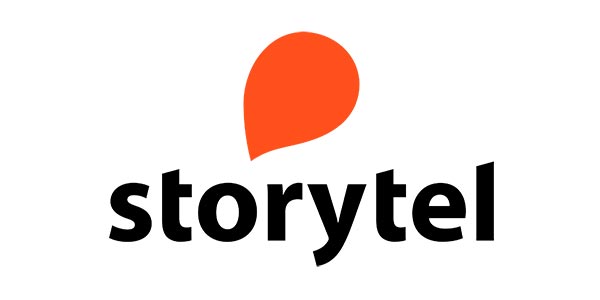
Stimulating the brain : ethical perspectives on deep brain stimulation & nano scaled brain machine interfaces

| Författare | |
|---|---|
| Förlag | Media-Tryck |
| Genre | Medicin |
| Format | Inbunden |
| Språk | Svenska |
| Antal sidor | 99 |
| Vikt | 0 |
| Utgiven | 2014-01-29 |
| SAB | Dgve |
| ISBN | 9789174738193 |
Connecting man and machine through elaborate brain implants, known as Brain-
Machine Interfaces (BMIs), does not only elicit technical and medical challenges
and possibilities, but also many ethical concerns. The brain, sometimes described
as the ‘seat of the soul’ or ‘organ of the mind’, provides the neural underpinnings
not only for the individual human being and her unique characteristics, but also
that which distinguishes human beings from nonhuman animals. A BMI creates
a direct interface between an electronic device and the brain, allowing them
to interact and communicate. Through this capacity, these implants can further
our current knowledge of the brain and alleviate neurological dysfunction and
impairments. Yet, this very feature has also given rise to fears of mind control and
threats to agency, mind reading, and the creation of cyborgs or Humanity 2.0.
This thesis aims to separate fact from fiction. The primary foci of the analysis are
ethical concerns elicited by Deep Brain Stimulation (DBS), often described as a
pacemaker for the brain, addressing for instance common biases that may distort
an ethical analysis of DBS; whether DBS is a threat to authenticity or personal identity;
upcoming and future ethical concerns elicited by DBS. Moreover, in the first
paper the ethical implications of merging BMIs and nanotechnology are examined.





















